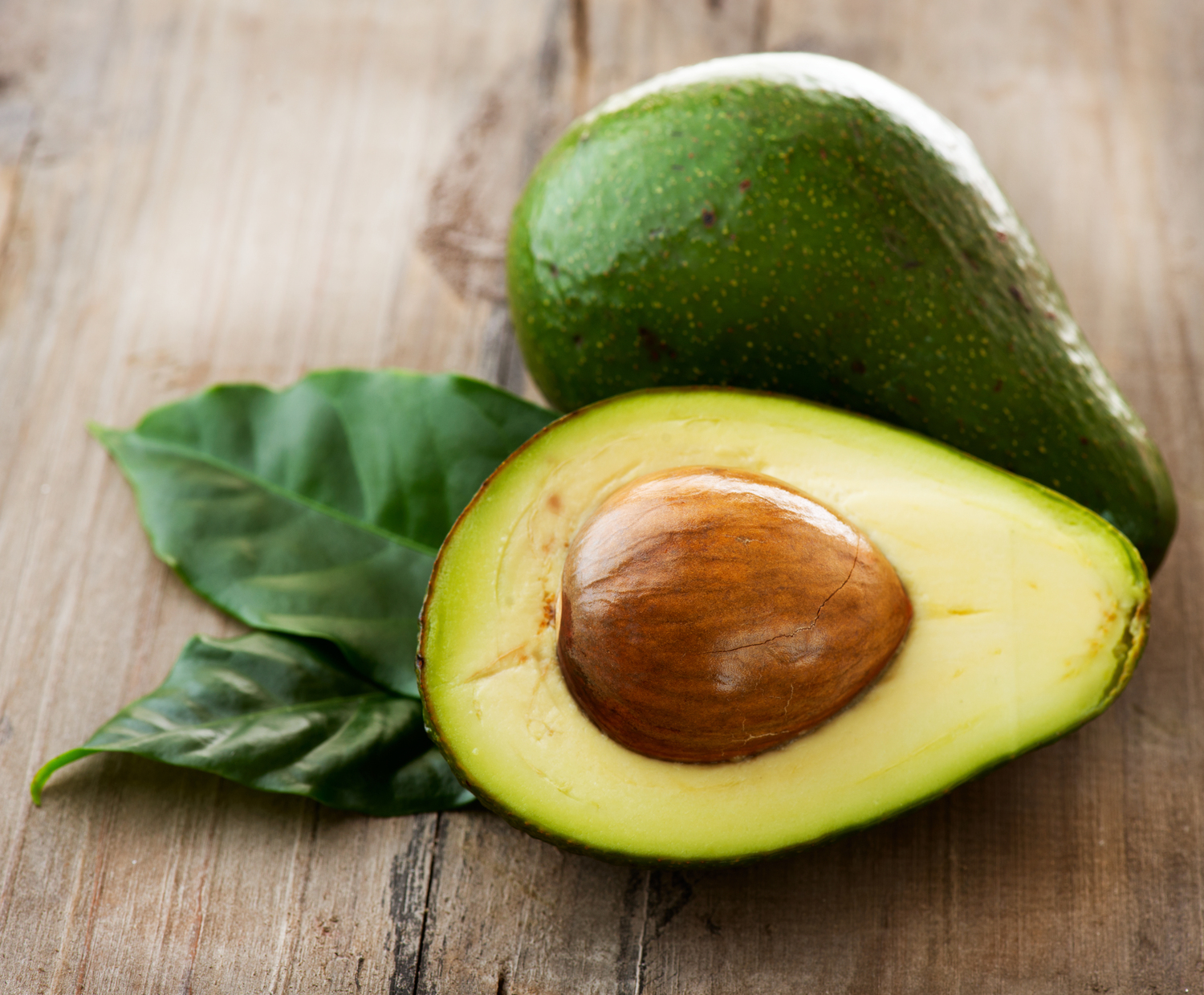
Foods That Don’t Need Refrigeration
A staple of the modern kitchen is the refrigerator. In most cases, refrigeration is important in preserving the freshness of your food. Keeping certain foods chilled can widen the window for taste, preservation, and prevent the growth of harmful bacteria. Not all food, however, needs to be refrigerated. And we could all use more space in our big metal boxes.
Here are six common foods that don’t require refrigeration
1. Avocadoes
Avocados aren’t cheap. So, when you bring them home your first instinct might be to place them in your refrigerator to keep them fresh, but this just may keep you from enjoying them at all. If avocados aren’t ripe before they are put in the refrigerator, the cold will prevent them ever ripening. Anything too cold will prevent the release of ethylene gas, which triggers the ripening process
2. Bananas
Bananas are in a very similar situation as avocados in that they produce ethylene gas, which helps them to ripen. Not only will the cold halt the ripening, but it will also cause a chemical reaction that turns the peels black. While this isn’t harmful, it’s very visually unappealing. Refrigeration won’t save a banana bunch once they’ve gone brown, either. In fact, it’ll speed up the decay
3. Hot sauce
You might think nothing of putting chili based sauces with your other condiments in the refrigerator. However, hot sauces already have preservatives included in the ingredients (i.e., vinegar, etc.), which means they do not require refrigeration. Even after a considerable amount of time in the cupboard; the only real change you’d notice is a slight change in color. Refrigeration will help the sauce keep its color, but it will decline the taste and make the sauce become unappetizingly thick and chunky in consistency. These sauces are fine left on the cupboard shelf
4. Bread
It happens all the time, you grab a loaf you swear you just bought and it’s moldy. But putting bread in the refrigerator is a mistake. It only creates a new problem. Cold loaves undergo a process called retrogradation that crystallize the bread’s starch molecules. In layman’s terms: it goes stale much faster. Up to six times faster. Instead, bread should be stored in a dry place like your pantry or frozen for longer term storage
5. Nutella
Everyone’s favorite hazelnut spread can go on bread, fruit, in baking, but under no circumstances should it go in the fridge. There’s a little blurb on the label that says, “do not refrigerate”. Getting it too cold will harden this favorite spread into a single, unusable block that will be difficult to return to its original state. If you want to be able to actually enjoy your Nutella, keep it spreadable at room temperature
6. Coffee
Unlike the other items on this list, coffee beans aren’t necessarily affected by the cold of the refrigerator. Moisture is the real enemy here. Taking the beans in and out of the fridge, causing changes in temperature, introduces condensation which creates moisture. This moisture will get into your beans affecting taste and making them mushy



